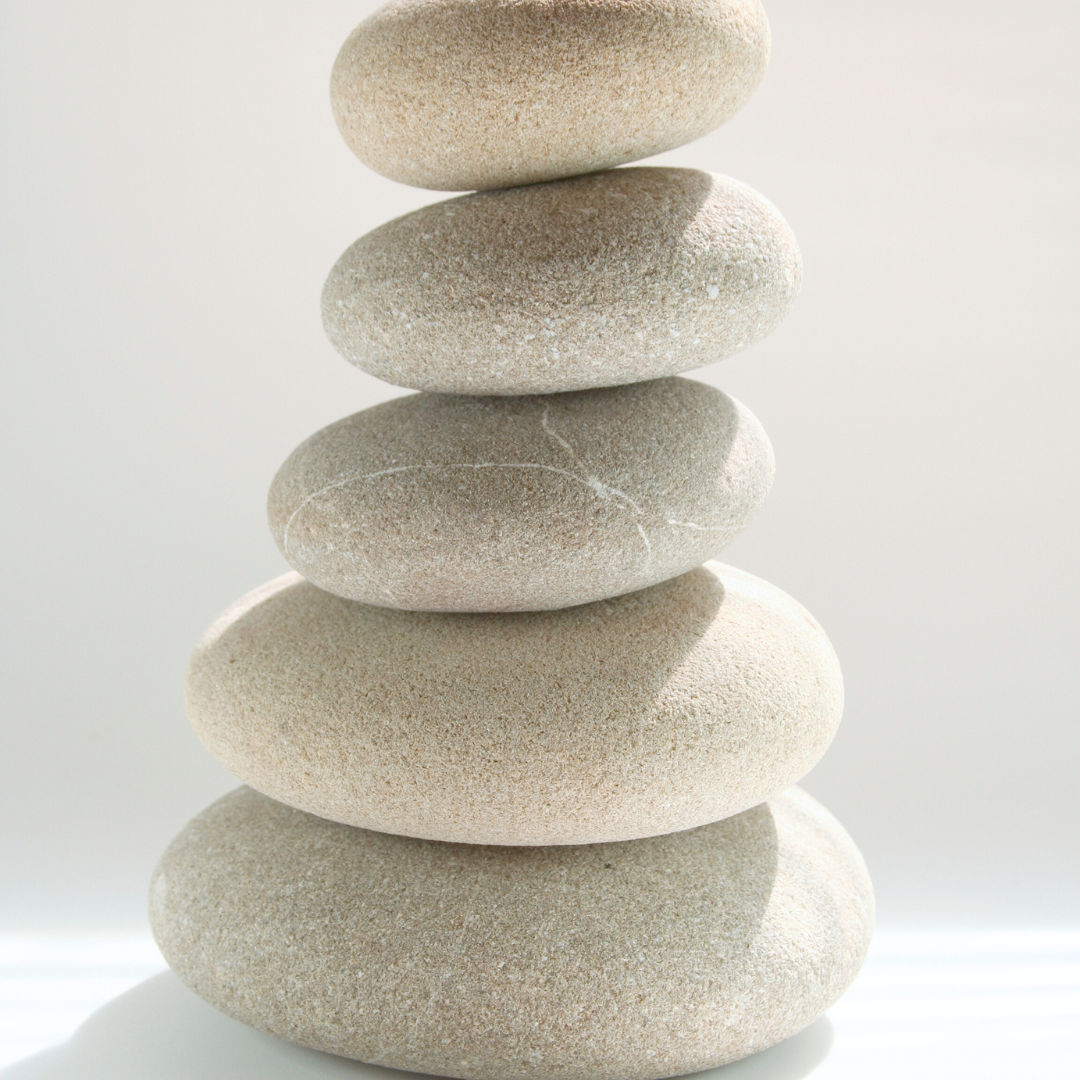Ayurveda for Stress Relief: Embracing Ancient Techniques for Inner Balance

In today's fast-paced world, stress has become a common part of our lives. However, Ayurveda, the ancient Indian healing system, offers a holistic approach to managing stress and finding inner balance. By incorporating Ayurvedic techniques into your daily routine, such as yoga, meditation, and herbal remedies, you can effectively reduce stress and promote overall well-being. In this blog post, we will explore the wisdom of Ayurveda and provide practical tips for incorporating these techniques into your lifestyle.
Yoga for Stress Relief:
Yoga is a powerful practice that combines physical postures, breath control, and meditation to cultivate mindfulness and reduce stress. Here are a few Ayurvedic yoga practices to incorporate into your routine:
- Sun Salutations (Surya Namaskar): This sequence of flowing movements and breathwork helps energize the body and calm the mind.
- Balasana (Child's Pose): This gentle resting pose helps release tension in the back, shoulders, and neck, promoting relaxation and grounding.
- Viparita Karani (Legs-Up-the-Wall Pose): This restorative posture allows for deep relaxation, relieving stress and promoting circulation.
Meditation for Mental Calmness:
Meditation is a powerful tool for calming the mind, enhancing self-awareness, and reducing stress. Ayurveda encourages the practice of meditation to cultivate inner peace and balance. Here are a few Ayurvedic meditation techniques to try:
- Mindful Breathing: Sit in a comfortable position, close your eyes, and focus on your breath. Inhale deeply through your nose, counting to four, and exhale slowly through your mouth, counting to six. Repeat this pattern, allowing your mind to settle and your body to relax.
- Mantra Meditation: Choose a soothing mantra, such as "Om" or "So Hum," and repeat it silently or aloud during your meditation practice. The repetition of a mantra helps quiet the mind and deepen your sense of relaxation.
- Guided Visualization: Visualize a serene and peaceful place, such as a beach or a lush forest. Imagine yourself in this tranquil setting, focusing on the sights, sounds, and sensations. This practice helps redirect your mind away from stress and into a state of calm.
Herbal Remedies for Stress Relief:
Ayurveda harnesses the power of herbs and natural remedies to support the body's resilience to stress. Here are some Ayurvedic herbs and remedies known for their stress-relieving properties:
- Ashwagandha: This adaptogenic herb helps the body adapt to stress and promotes overall well-being. It can be consumed as a supplement or brewed as a tea.
- Brahmi: Also known as Bacopa, Brahmi is a calming herb that supports cognitive function and helps reduce anxiety and stress.
- Chamomile: Chamomile tea has calming properties and can promote relaxation and better sleep. Sip on a warm cup of chamomile tea before bed to unwind and soothe your mind.
- Aromatherapy: Essential oils like lavender, rose, and ylang-ylang can be used in aromatherapy diffusers or added to bathwater to create a calming ambiance and promote relaxation.
Daily Self-Care Rituals:
Incorporate simple Ayurvedic self-care practices into your daily routine to manage stress effectively:
- Abhyanga (Self-Massage): Massage warm sesame oil or an Ayurvedic oil blend onto your body before showering. This nourishing practice helps calm the nervous system and promotes relaxation.
- Nourishing Diet: Focus on incorporating nourishing foods into your diet, such as fresh fruits and vegetables, whole grains, and healthy fats. Avoid processed foods, caffeine, and excessive sugar, which can contribute to stress and imbalances.
- Adequate Rest: Prioritize getting sufficient sleep to restore and rejuvenate your body and mind. Establish a regular sleep routine and create a peaceful sleep environment.



